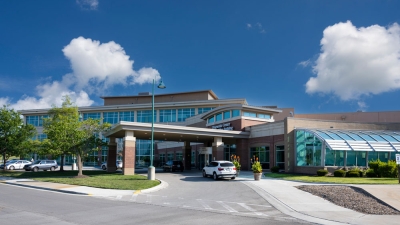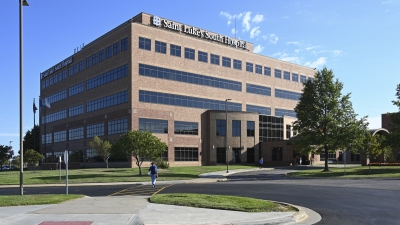Arterial Insufficiency Ulcers
What are arterial ulcers?
Arterial insufficiency ulcers (ischemic ulcers) are open sores that develop because of poor blood flow in the arteries. Conditions such as peripheral artery disease (PAD), which results from atherosclerosis (plaque buildup), block and narrow arteries, compromising oxygen and nutrient delivery to the skin and other tissues. For lower extremity wounds on the foot, this may require special footwear that relieves pressure and mindfulness when walking. Arterial insufficiency occurs when one or more arteries has reduced blood flow. Our bodies need oxygen-rich blood to function properly. When our organs or tissues don’t get enough oxygen and nutrients, we could experience severe complications.
Causes and risk factors
There are many medical problems that can lead to arterial insufficiency.
- Atherosclerosis (plaque lining the artery)
- Buerger's disease
- Diabetes
- Inflammatory arteritis
- Radiation side effects
- Extremity aneurisms
- Vascular entrapment
- Untreated compartment syndrome
Because of the limited blood flow, the areas of pressure on the foot, ankles, fingers, or other boney prominences are more susceptible to pressure injuries and delayed healing.
Wound care
The care team will identify and address the underlying causes of delayed healing. This may involve:
- Laboratory studies
- Imaging (X-ray, ultrasound, CAT Scan, MRI, or nuclear medicine studies)
- Wound cultures
- Discussion about modifying lifestly choices.
We will likely be working closely with Cardiovascular Medicine or Vascular Surgery to help correct the underlying problem.
Recovering from arterial ulcers
Ultimately, improving blood flow will help the wound to heal. The wound care clinic may provide Prevalon boots to limit pressure on lower extremities, offloading surgical shoes, advanced wound care dressings, nutritional recommendations for wound healing and possibly facilitate visits from home health nurses.
Lifestyle choices impact wound healing greatly. Tips to improve healing:
- Wear different footwear to ease pressure on the wound
- Limit your walking
- Increase protein consumption
- Keep blood sugars under good control (HgbA1C less than 7.0 supports healing rate)
- Refrain from tobacco use
Preventing wound reoccurrence
Many habits that you have embraced to heal will be the ones that help you sustain healing. In the case of arterial insufficiency ulcers, optimizing blood flow to the area, ongoing adequate nutrition and appropriate exercise are crucial.
Maintaining tobacco cessation is an integral component to promote blood flow to the area as well.
The wound care team is always available if you develop any kind of open wound.
Locations

Saint Luke's Wound Care Specialists–Barry Road

Saint Luke's Wound Care Specialists–Plaza

Saint Luke's Wound Care Specialists–Lee's Summit
